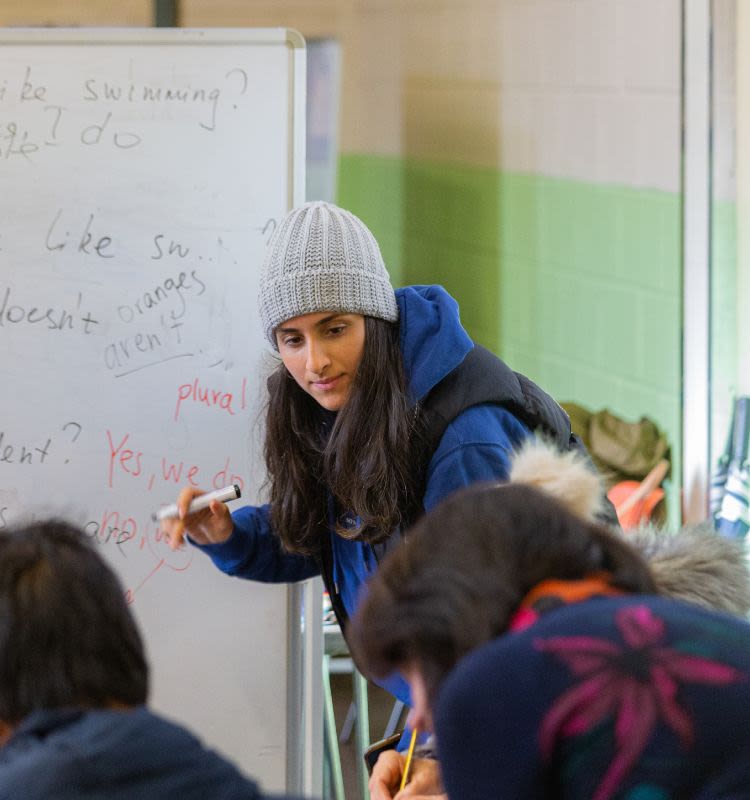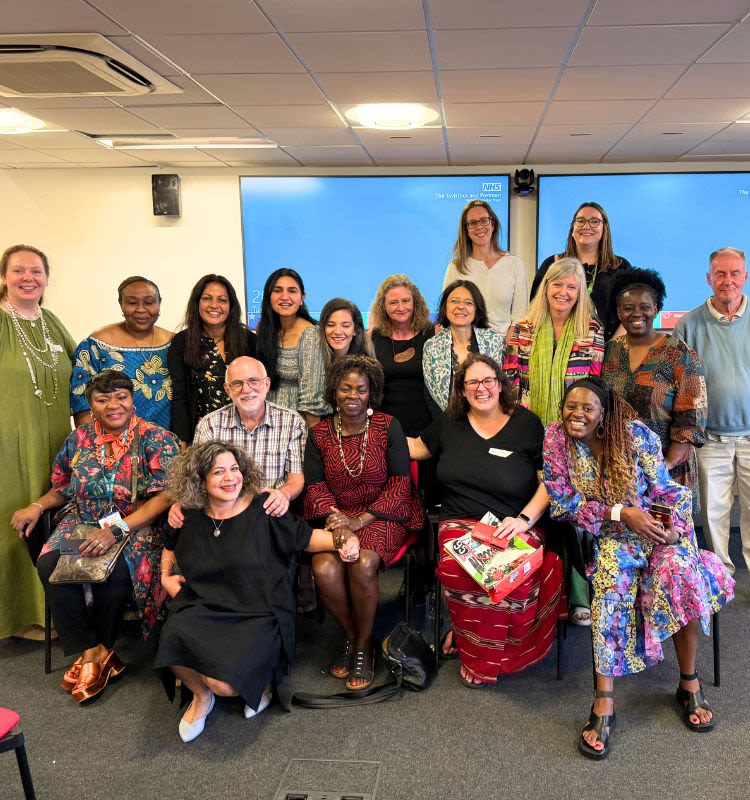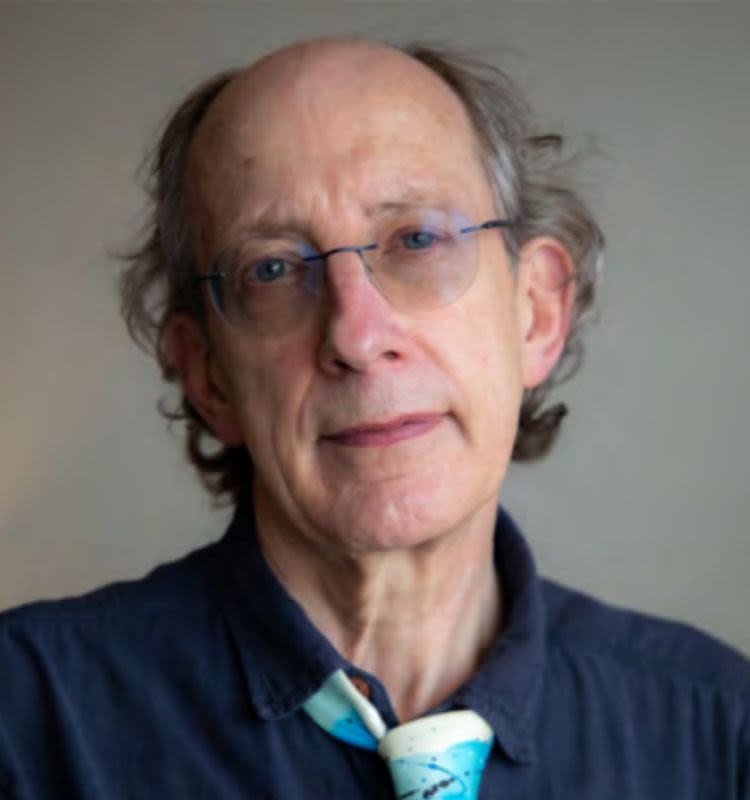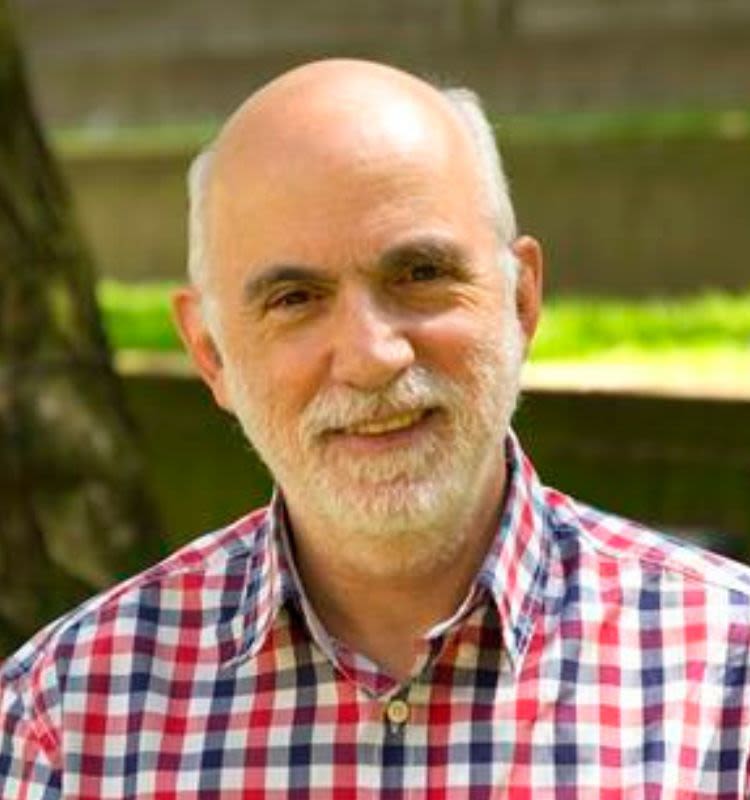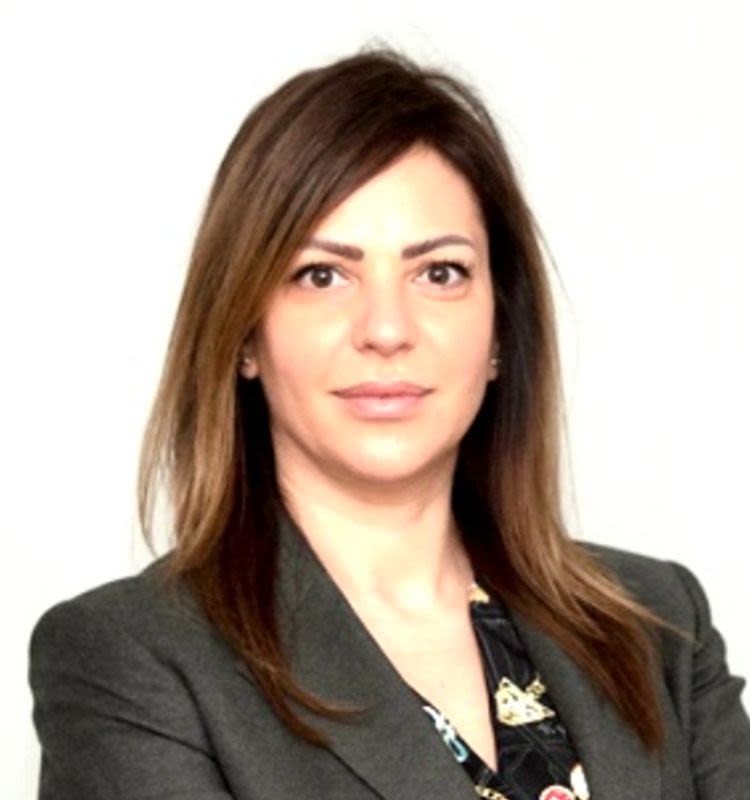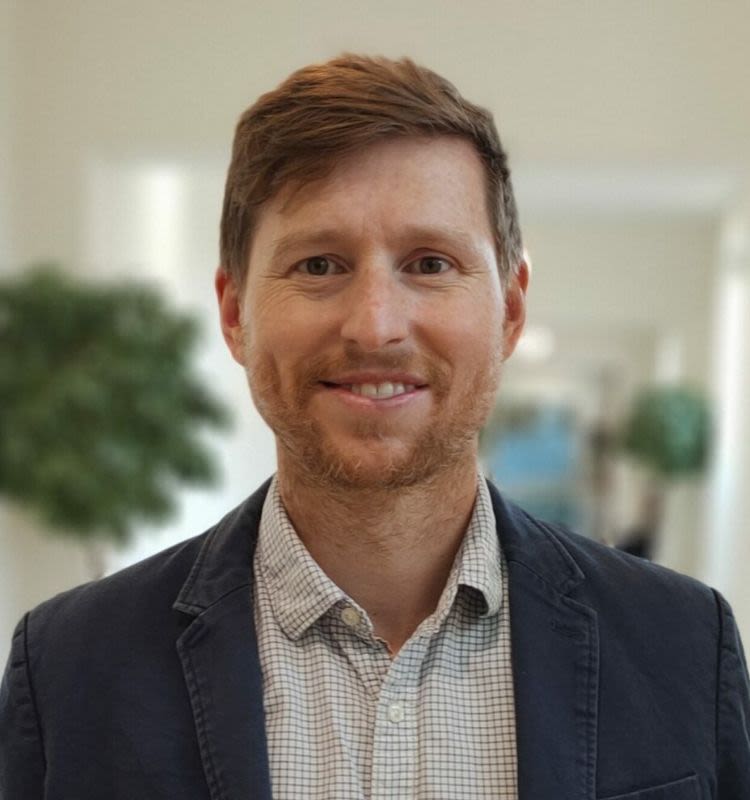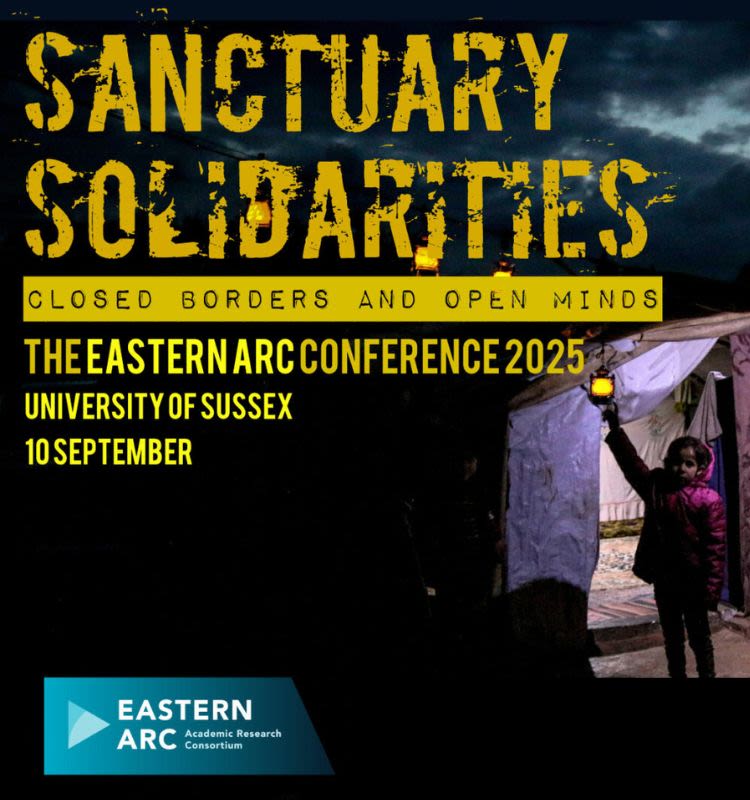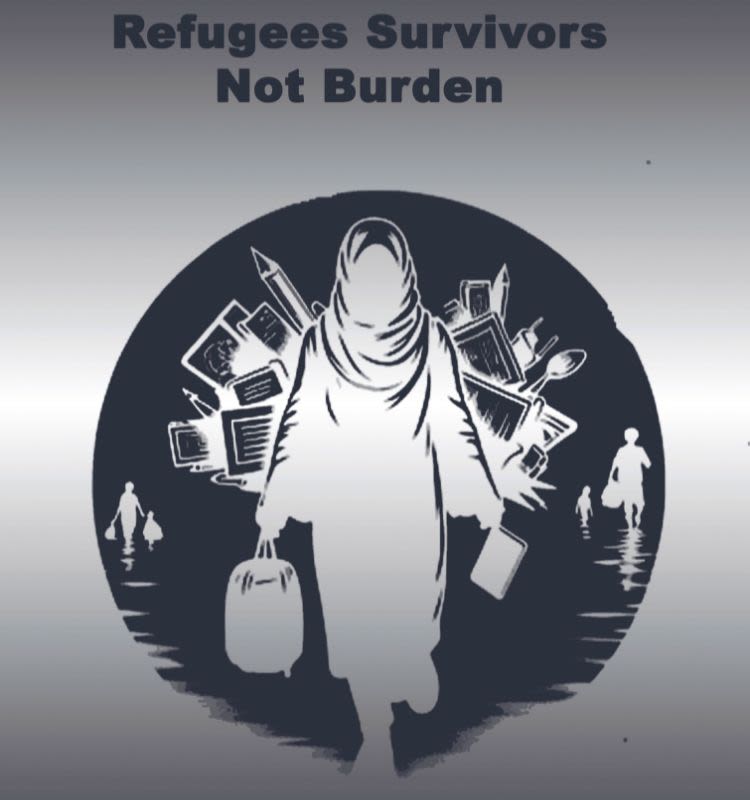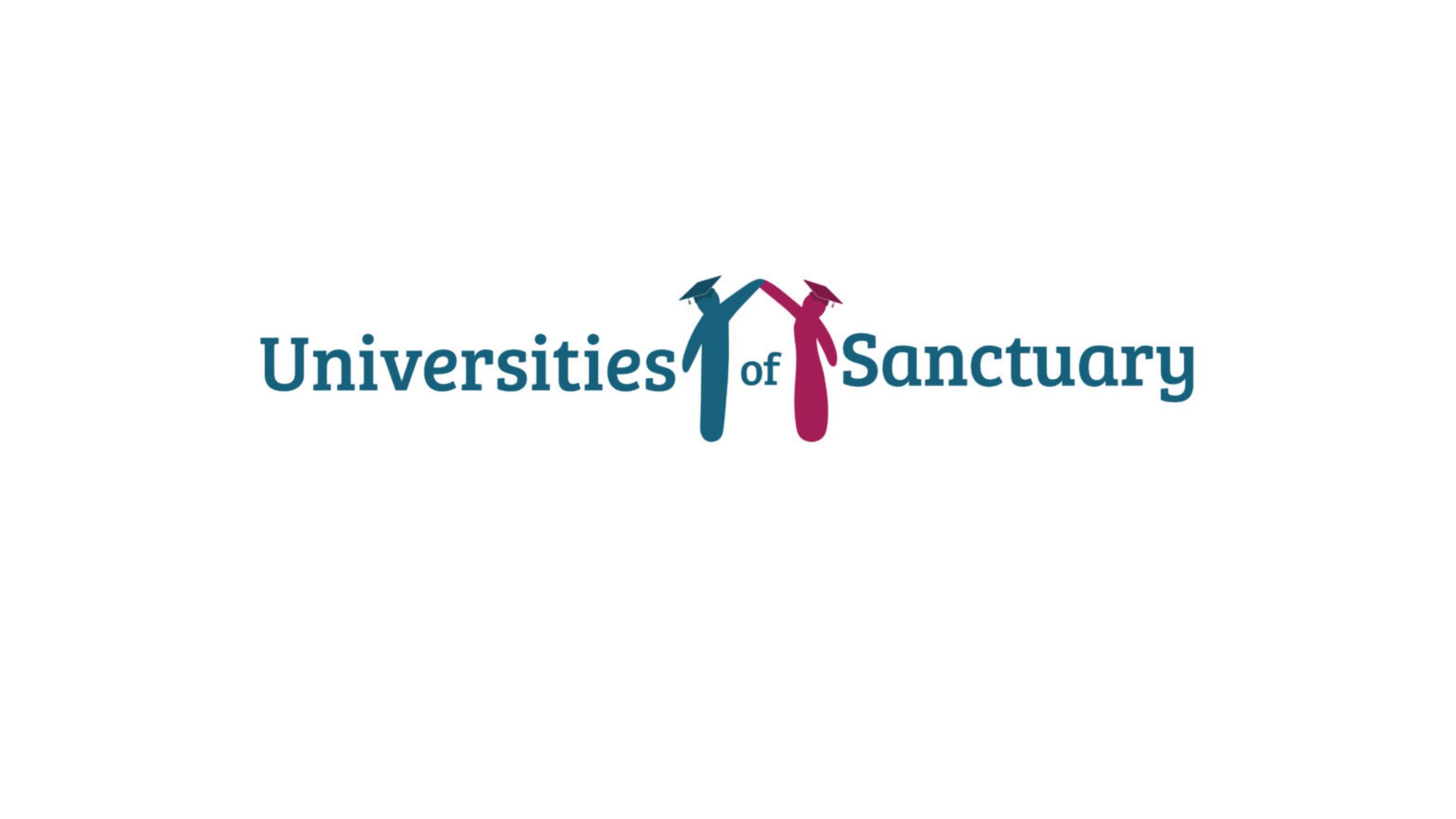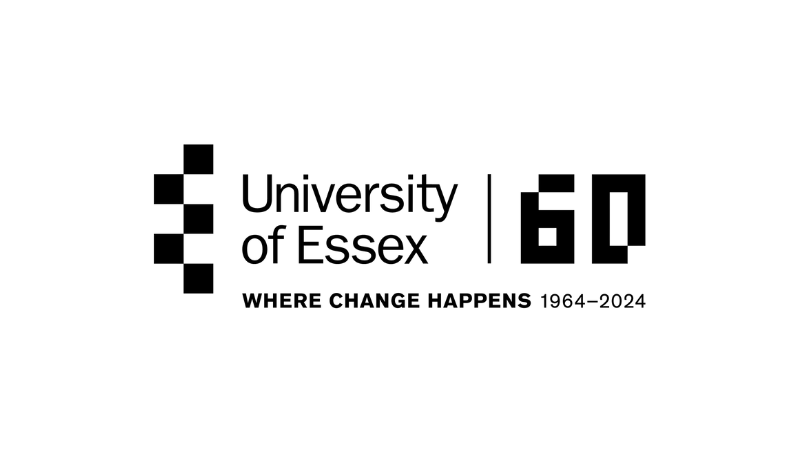A place of sanctuary
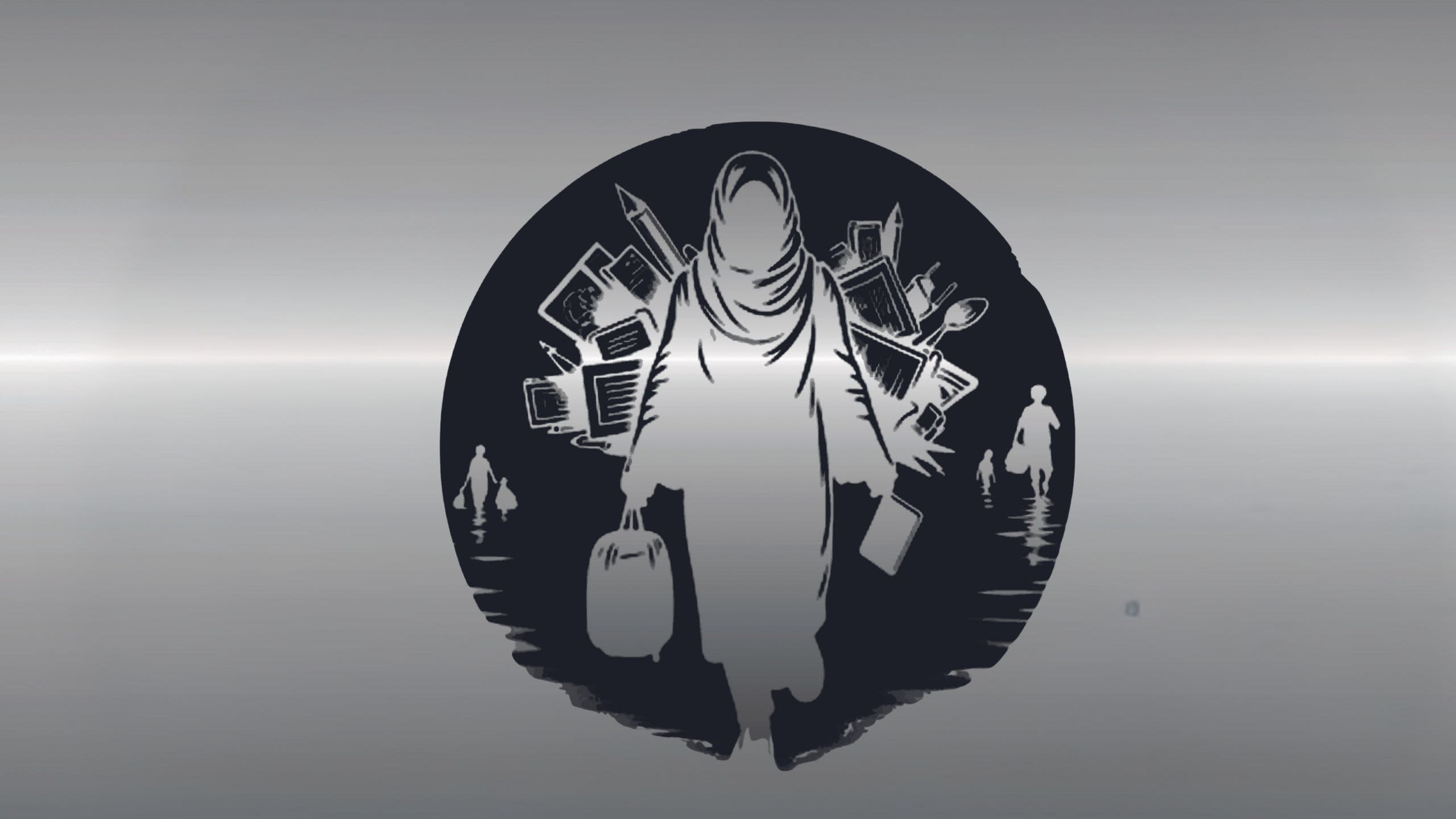
Around the world, conflict and persecution is forcing more people than ever before to flee to seek safety and sanctuary.
Essex has a proud tradition through its research and education for standing up for academics and young people in their darkest moments.
Since 2020, Essex has been an official University of Sanctuary, part of a network of universities promoting a culture of welcome, safety and inclusion across our campuses and within our wider communities.
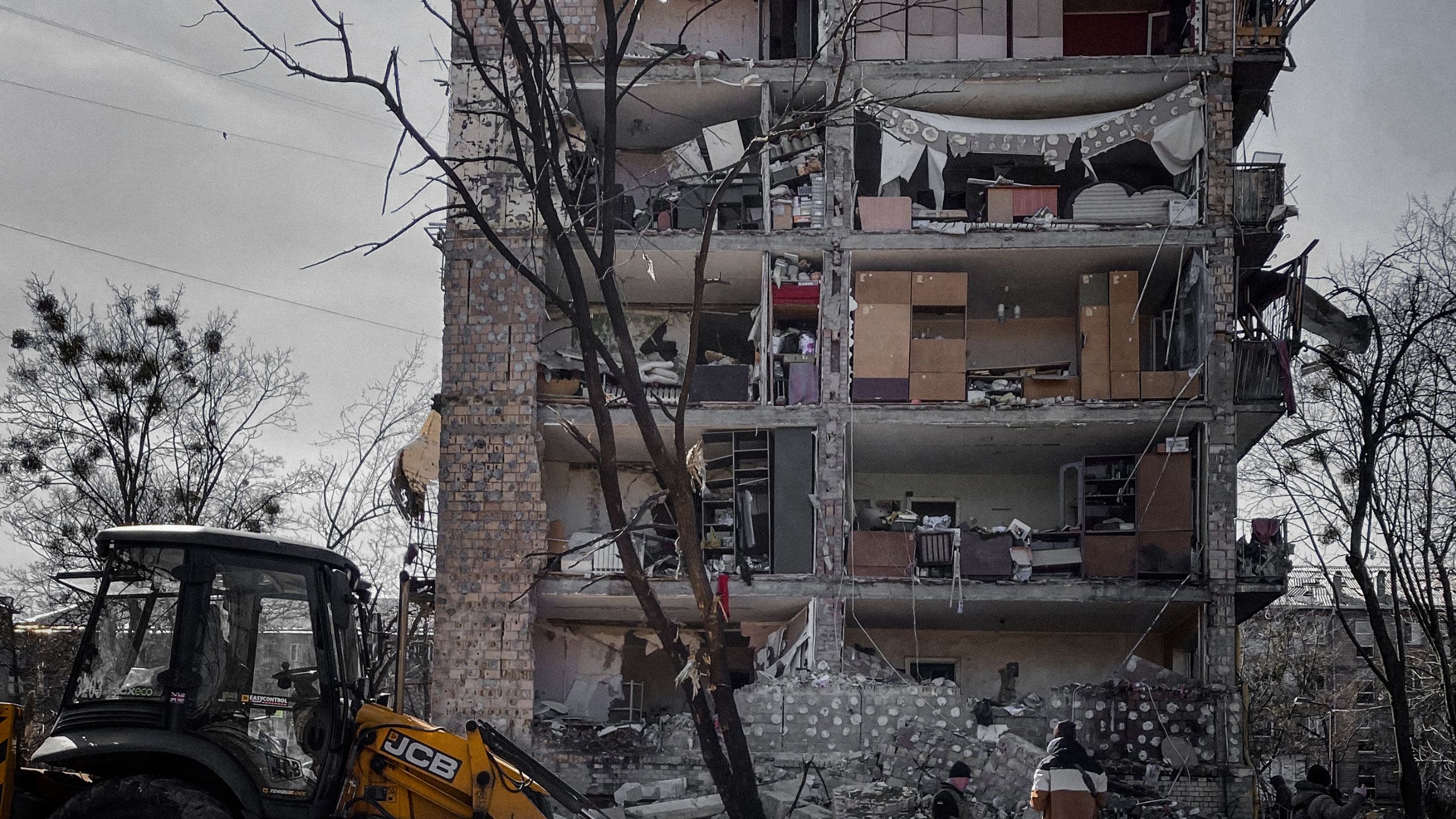
“The University of Essex’s position as a University of Sanctuary is based on a long tradition of taking in academics when they have been forcibly displaced from their country of nationality,” says Professor Geoff Gilbert.
Since December 2020, the University of Essex has been an official University of Sanctuary committed to making the University a welcoming and safe place for refugees and asylum seekers.
The roots of this commitment go back a long way, Essex has been an international university from the very start and developed a reputation for engaging with global issues.
Professor Gilbert, from Essex Law School and Human Rights Centre, says Essex’s tradition of providing protection in the darkest moments stretches back decades, including offering support to academics during the conflicts in the Balkans in the 1990s.
“Academics from countries facing conflict or human rights violations have found a new home here. Then during the 2010s when the number of forcibly displaced people increased exponentially, it became apparent to university that students needed help too.”
That help now extends to offering University of Sanctuary Scholarships each year to study for a Postgraduate Taught Masters to students, who either have UK Asylum status or Discretionary/Limited Leave to Remain as a result of an asylum application, or have Humanitarian Protection, as the result of an asylum application or through a dependent’s claim.
Professor Gilbert points out the University of Essex, and partners in the Universities of Sanctuary movement are supporting the UN Refugee Agency – UNHCR – towards fulfilling its 15 by 30 pledge to get 15% of refugee access to the transformative power of higher education by 2030.
The University of Essex Sanctuary Network brings staff together to coordinate support and discuss the many sanctuary-related research and education projects at Essex, Director of Inclusion and Network Chair Elaine Brown adds: “I am proud that we are a University of Sanctuary - offering scholarships to those seeking sanctuary as well as striving to provide a welcoming, inclusive and supportive environment. I am delighted that we have been able to make a difference and have a positive impact on the lives of those who we have supported and hope to continue to do so for years to come.”
Temesgen Beriso Shire, who completed a LLM International Human Rights Law after receiving a Sanctuary Scholarship, says: “This Sanctuary scholarship has made all the difference and it allows me to continue to pursue my academic goals. Thank you not only for the financial support but also for the gift of your heart and the human spirit.“
The strength and breadth of work around sanctuary issues at Essex was illustrated by comments in the Universities of Sanctuary reappraisal report which said the University had shown a “sustained and growing commitment to providing sanctuary, fostering an inclusive culture, and embedding long-term, meaningful change.”
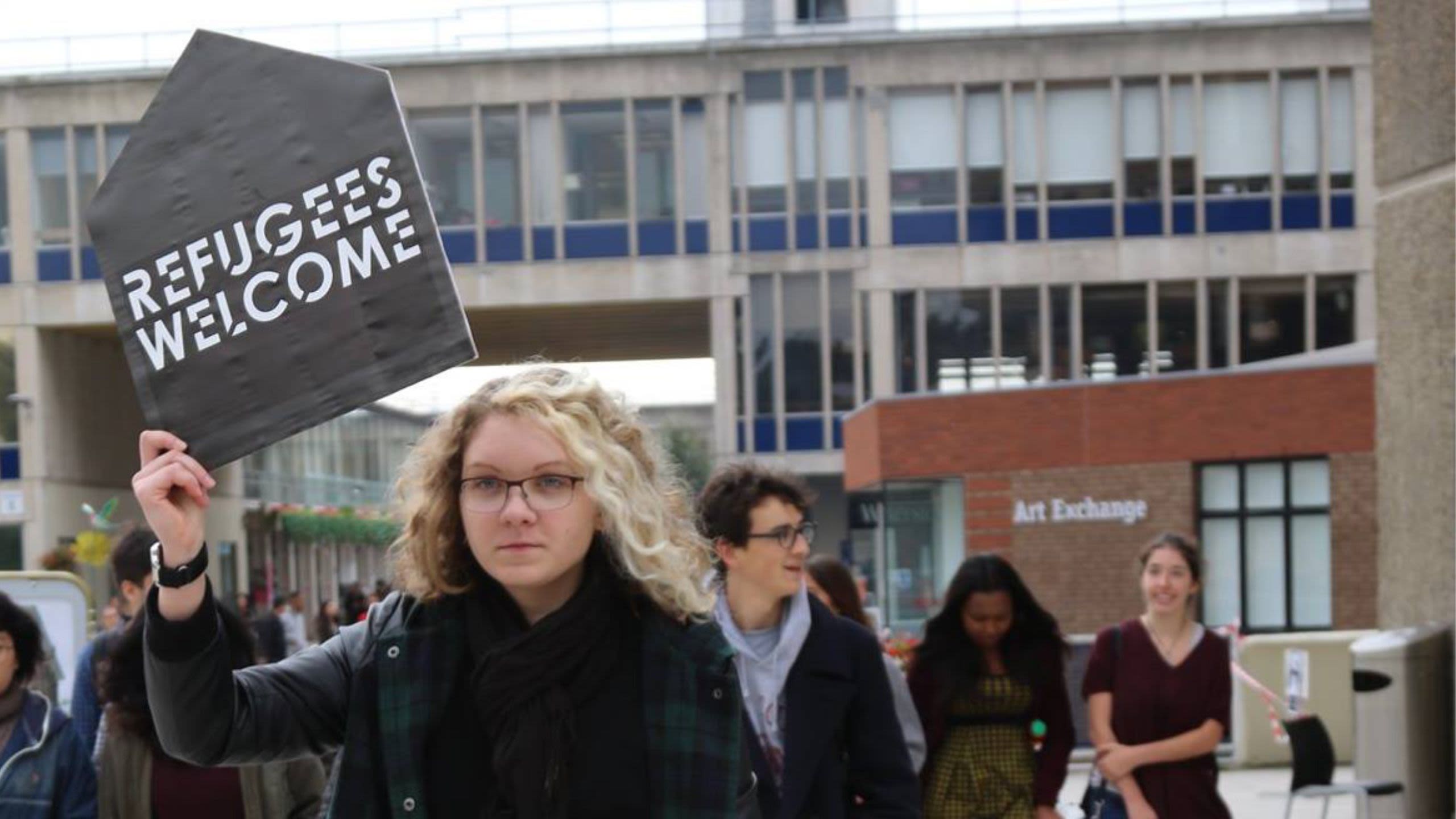
“Universities, academic institutions and students have a really important role to play and I’m really thrilled that the University of Essex – my old university – is playing its part. We all know, the number of refugees globally and scale of crisis are growing, so it’s really important. It’s not just about governments, its’ not just humanitarian agencies but all parts of society coming together to welcome and support refugees.”
Vicky Tennant, UNHCR Representative to the United Kingdom
Student teaching a language class
Student teaching a language class
Refugee Week event for CTAR
Refugee Week event for CTAR
Professor Geoff Gilbert
Professor Geoff Gilbert
Professor Renos Papadopoulos
Professor Renos Papadopoulos
Our work to support sanctuary
Staff and students are engaged in a range of projects which aim to promote the University's wider mission as a University of Sanctuary - directly supporting refugees and asylum seekers and using academic analysis to look for solutions to issues they face.
Students have been enthusiastic supporters of the Refugee Teaching Programme run by the Students’ Union volunteering programme VTeam with Essex Integration to offer weekly sessions teaching English online and in person. Christopher Moore, the SU’s Volunteering Manager, told Borgen Magazine: “That need for refugees to get support with the English language hasn’t gone away and thankfully, there’s consistent interest in that sort of volunteering from Essex students.”
Meanwhile, Essex’s Centre for Trauma, Asylum and Refugees (CTAR) aims to create spaces for idea exchange and collaboration across sectors and communities. To mark Refugee Week in June, the Centre brought together around 100 people from around the world to make connections, share learning and exchange ideas.
The cross-disciplinary Centre for Migration Studies brings academics together to look at human rights, immigration policies, forced migration, social cohesion, human trafficking and many other issues – working particularly closely with the ESRC Research Centre on Micro-Social Change.
Essex is home to many academics determined to make a difference by applying their academic expertise.
Professor Gilbert is supporting the work of the Protection Policy & Legal Advice (PPLA) Section in the UNHCR’s Division of International Protection. Through this work Professor Gilbert is offering underpinning scholarship for UNHCR’s protection policies and legal analysis.
He says: “Having someone embedded in the team but who brings an external voice to the conversation, was seen as a benefit to its projects, the organization and to the people whom it is mandated to protect.”
This year, Professor Gilbert has also worked with colleagues around the world to create the first 'toolkit' to help navigate the complex issues around international protection for people displaced across borders due to climate change and disasters.
Professor Renos Papadopoulos is the founder of the Centre for Trauma, Asylum and Refugees at Essex, establishing the Masters and PhD in Refugee Care. His work across the world led to the awarding of a Fellowship of the British Psychological Society and he has provided vital support and guidance both directly and to those working with refugees, tortured persons, trafficked people and other survivors of political violence and disasters including Ukraine.
Dr Marija Jovanovic, of Essex Law School, analysed proposed Government legislation and highlighted how it risked breaching both domestic and international human rights law that guarantee protection to all victims of modern slavery, without discrimination and without exception. She also worked with the International Organization for Migration to show how the UK’s prison system is failing to detect and support victims of modern slavery, with some inmates found to be serving time for crimes they were forced to commit.
As Vice-Chair of the UN Working Group on Arbitrary Detention Working Group Dr Matthew Gillett helped highlight that arbitrary detention, ill treatment, torture, and even executions were still occurring in Mexico with migrants particularly vulnerable. He led a team of experts to Mexico to visit police stations, migration detention centres, adolescent centres, child protection shelters, mental health hospitals and prosecutors’ offices. Dr Gillett is now Chair of the Working Group.
This year, Eastern Arc, the strategic collaboration between the universities of East Anglia, Essex, Kent and Sussex, is also helping take our work as a University of Sanctuary further. Sanctuary is a priority area for the Eastern Arc and this year’s annual conference titled ‘Sanctuary Solidarities’ will focus in on the subject and include a keynote speech by Essex graduate and UNHCR Representative to the United Kingdom Vicky Tennant.
Linking up with other universities has helped offer unique opportunities to our sanctuary students. In 2024, artwork created by an Essex student was part of a touring exhibition organised by the University of East Anglia following a workshop at King’s College, London. One participant commented: “This project gave us a platform to express ourselves through art, but also to bring awareness to the struggles we have been through to access education.”
The work by the Essex student was a plea for the world to remember what those seeking sanctuary have had to come through. The text at the top of the graphic of a woman fleeing her homeland for safety simply says: ‘Refugees Survivors Not Burden'.
Dr Marija Jovanovic
Dr Marija Jovanovic
Dr Matthew Gillett
Dr Matthew Gillett
Poster for Sanctuary Solidarities
Poster for Sanctuary Solidarities
Art work by sanctuary student
Art work by sanctuary student
Find out more
University of Sanctuary
Essex is committed to making the University a welcoming and safe place for refugees and asylum seekers. Universities of Sanctuary are part of the UK's City of Sanctuary initiative.
Study Refugee Care
At Essex you can undertake research that introduces a therapeutic dimension and psychosocial perspectives to your work with asylum seekers, refugees and other involuntarily dislocated persons
Sixty Stories
We’re celebrating 60 years of making change happen. 60 years of boldness and bravery from our students past and present. 60 years of creating change.

